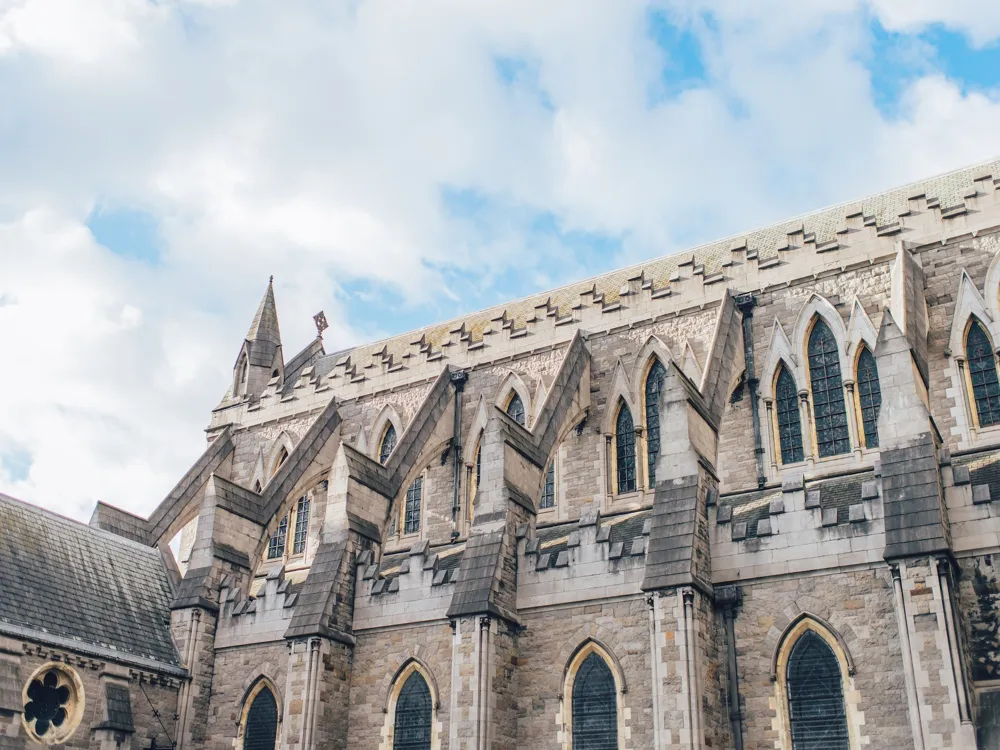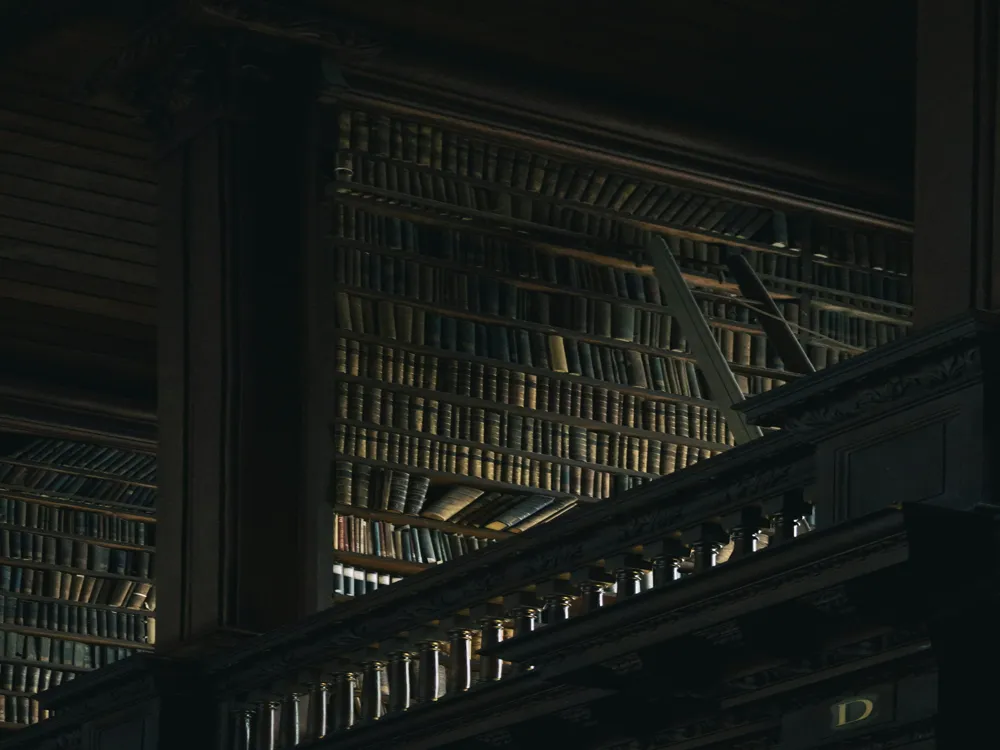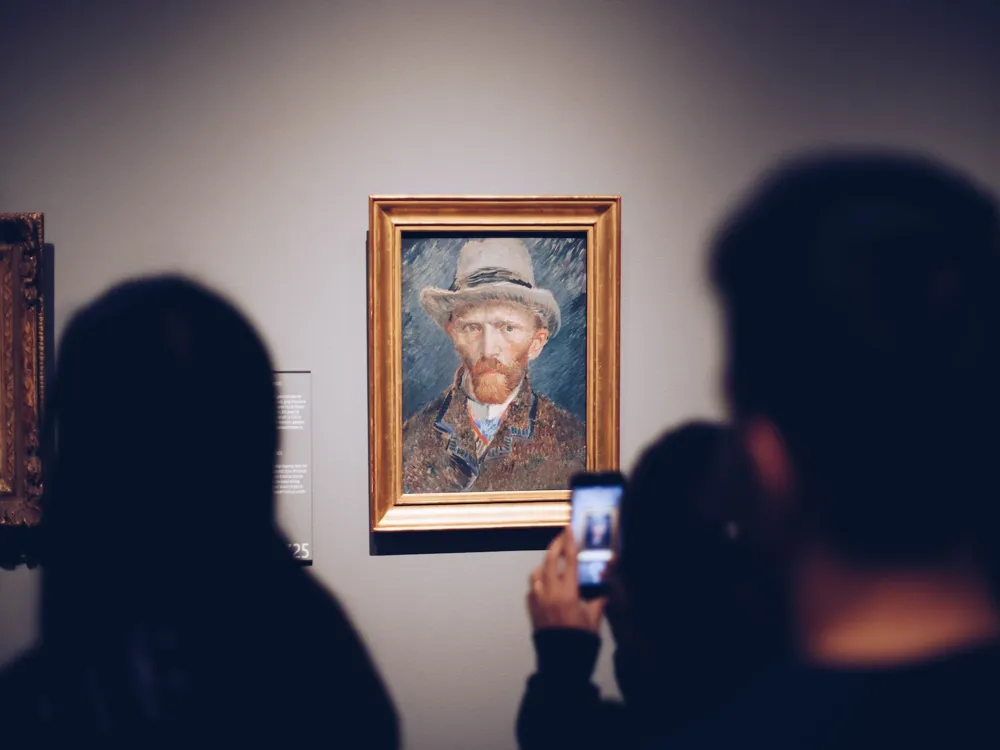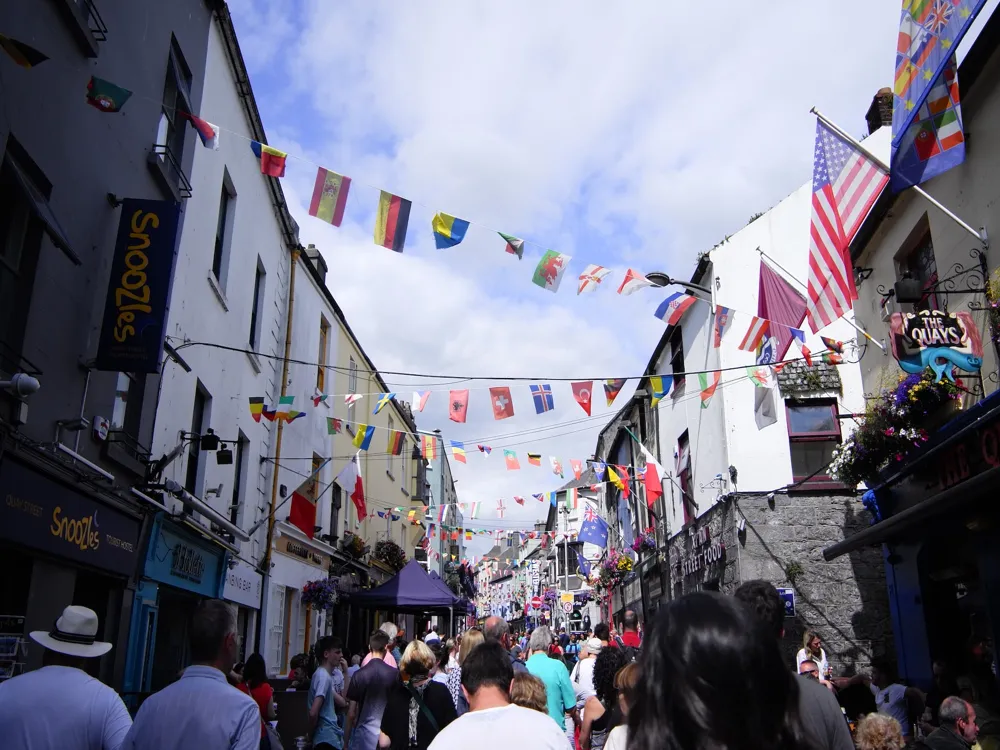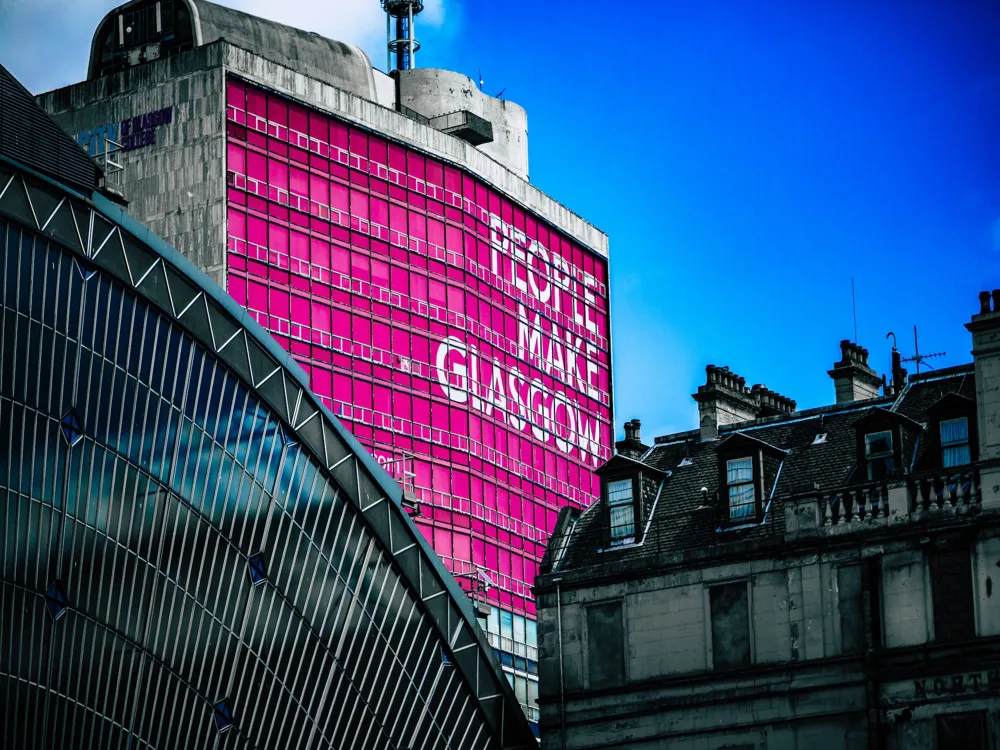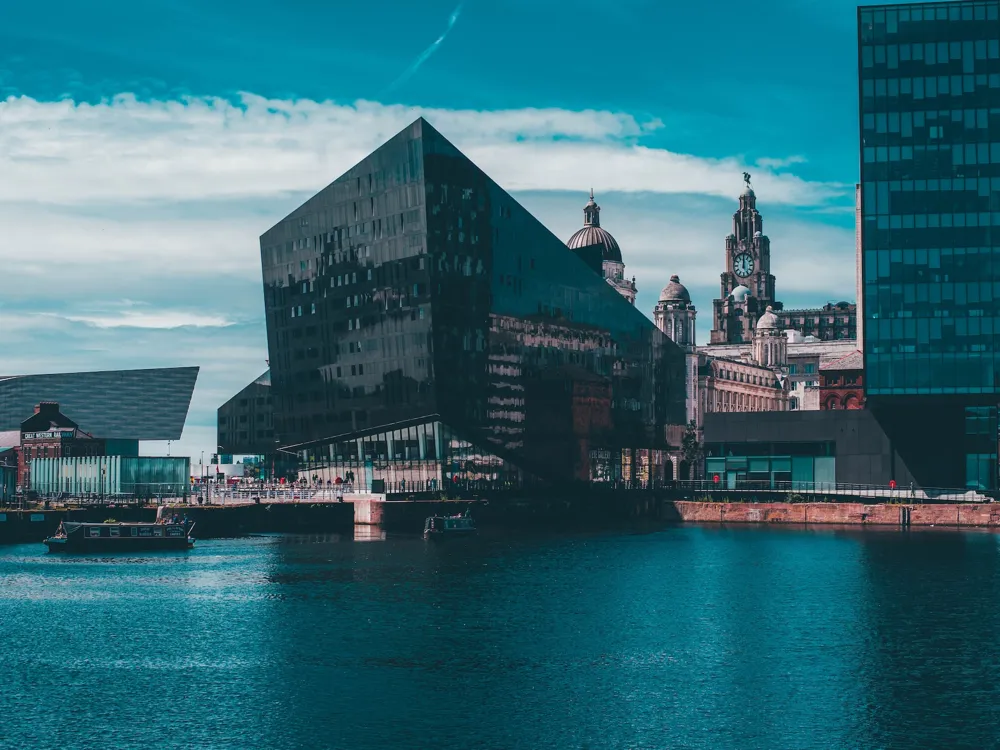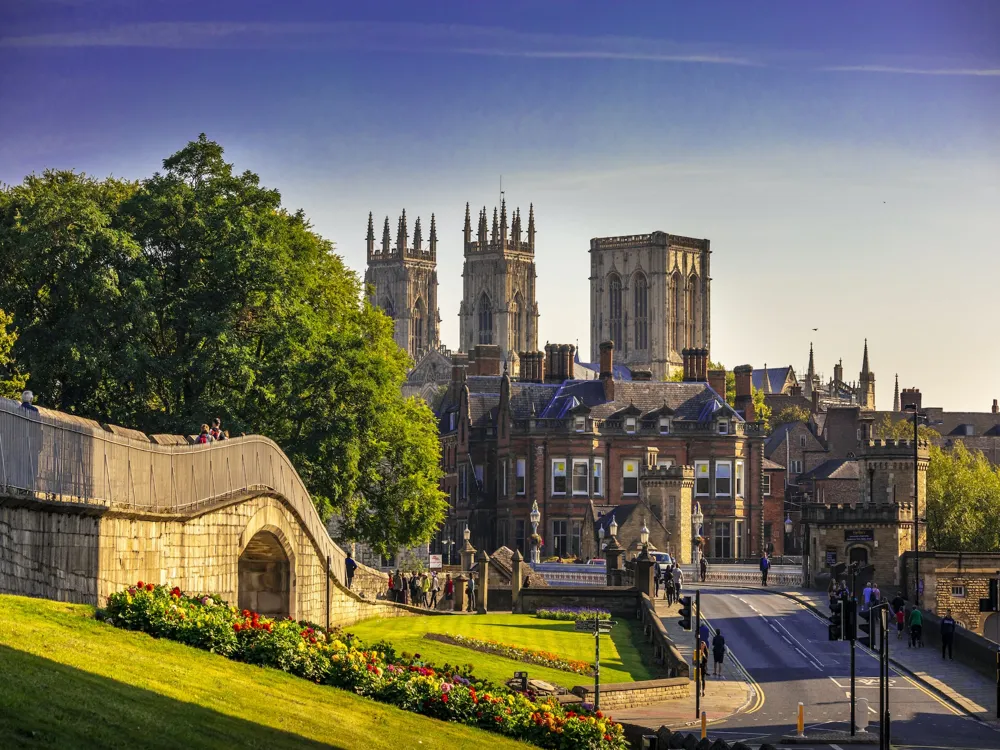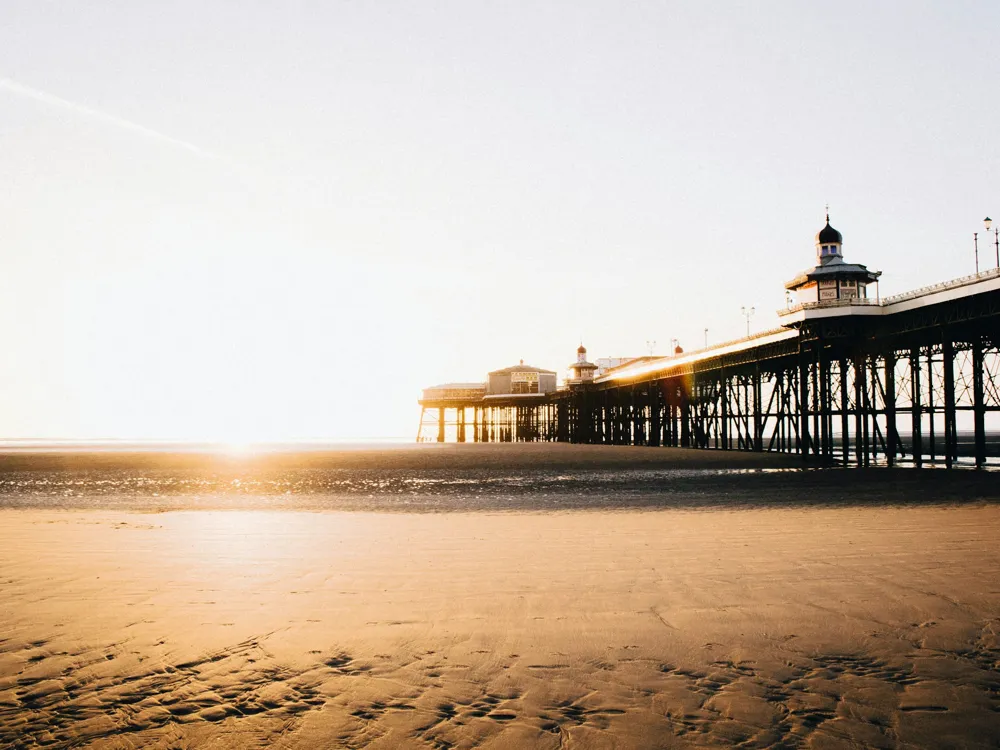The National Gallery of Ireland, situated in the heart of Dublin, is a true gem for art enthusiasts and history buffs alike. This prestigious institution, founded in 1854, houses an extensive collection of Irish and European art spanning over several centuries. It's not just a gallery; it's a vibrant historical archive that reflects the rich cultural heritage of Ireland and beyond. The gallery's collection includes over 16,300 artworks, ranging from paintings and sculptures to prints and drawings, offering an immersive experience into the world of art. One of the gallery's highlights is its impressive Irish art collection, which includes works by Jack B. Yeats, William Leech, and Roderic O'Conor, showcasing the unique Irish perspective on art and culture. Additionally, the gallery boasts significant works from European masters such as Caravaggio, Rembrandt, and Vermeer, making it a pivotal cultural landmark not only in Ireland but in the international art scene as well. Beyond its artistic treasures, the National Gallery of Ireland is also known for its engaging exhibitions, educational programs, and special events that cater to a wide range of audiences. Whether you're an art expert or a curious visitor, the gallery offers a diverse array of experiences to deepen your appreciation of art and its history. The architecture of the National Gallery of Ireland is a fascinating blend of historical and contemporary design. The original building, designed by Francis Fowke and completed in 1864, reflects the Victorian-era architectural elegance. Its classical façade, with Corinthian columns and ornate detailing, stands as a testament to the grandeur of 19th-century design. In contrast, the Millennium Wing, added in 2002, showcases modern architectural principles. Designed by Benson & Forsyth, this addition features minimalist lines and a sleek, glass façade, creating a harmonious juxtaposition with the older structure. The interplay between the old and new structures symbolizes the gallery's dedication to both preserving the past and embracing the future. Visitors to the gallery are often struck by the stunning interior spaces, particularly the Shaw Room and the Dargan Wing. These areas house some of the gallery's most prized collections and are designed to enhance the viewing experience. The careful integration of natural light and sophisticated lighting design ensures that each artwork is displayed in its best light, offering viewers an unparalleled visual experience. Before visiting the National Gallery of Ireland, it's advisable to check the gallery's website for the latest information on opening hours, ongoing exhibitions, and any special events. Planning ahead ensures you make the most of your visit and don't miss any key attractions. To gain deeper insights into the collections, consider joining a guided tour. These tours are often led by knowledgeable guides who can provide fascinating background information and anecdotes about the artworks and artists. While photography might be allowed in certain areas, flash photography is usually prohibited to protect the artworks. It's also important to maintain a respectful distance from the paintings and sculptures to prevent any accidental damage. The National Gallery of Ireland is conveniently located in the center of Dublin, making it easily accessible by various modes of transportation. For those traveling by public transport, numerous bus routes stop near the gallery, and it's also within walking distance from the Pearse Street DART station. If you're driving, there are several parking facilities nearby, though parking in the city center can be limited. Alternatively, cycling to the gallery is a great option, with bike racks available for visitors. Read moreOverview of the National Gallery of Ireland in Dublin
Architecture of the National Gallery of Ireland
Tips When Visiting the National Gallery of Ireland
Plan Your Visit
Guided Tours
Respect the Rules
How To Reach the National Gallery of Ireland
National Gallery of Ireland
Dublin
₹ 84,000 onwards
View dublin Packages
Weather :
Tags : Art Gallery
Timings : Monday: 11:00 AM – 5.30 PM
Tuesday and Wednesday: 9.15 AM – 5.30 PM
Thursday: 9.15 AM – 8.30 PM
Friday and Saturday: 9.15 AM – 5.30 PM
Sunday: 11am – 5.30pm
Entry Fee : Free
Planning a Trip? Ask Your Question
Dublin Travel Packages
View All Packages For Dublin
Top Hotel Collections for Dublin

Private Pool

Luxury Hotels

5-Star Hotels

Pet Friendly
Top Hotels Near Dublin
Other Top Ranking Places In Dublin
View All Places To Visit In dublin
View dublin Packages
Weather :
Tags : Art Gallery
Timings : Monday: 11:00 AM – 5.30 PM
Tuesday and Wednesday: 9.15 AM – 5.30 PM
Thursday: 9.15 AM – 8.30 PM
Friday and Saturday: 9.15 AM – 5.30 PM
Sunday: 11am – 5.30pm
Entry Fee : Free
Planning a Trip? Ask Your Question
Dublin Travel Packages
View All Packages For Dublin
Top Hotel Collections for Dublin

Private Pool

Luxury Hotels

5-Star Hotels

Pet Friendly








